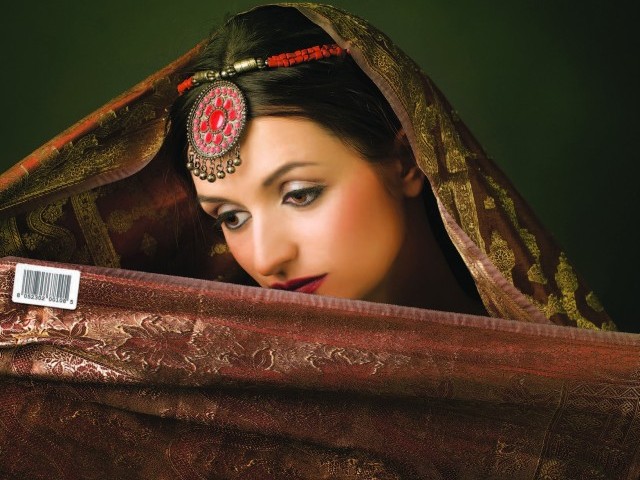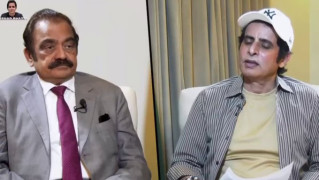mohib
Senator (1k+ posts)

2. The build-up. Its five months before D-day and your mother bursts into emotional tears. Your father looks at you misty-eyed when you ask for extra cash. You try to explain that you arent dying of a terminal illness. Youre only moving five blocks away from where you had previously lived. But your mother cries again, and you wonder if marriage is a terminal illness after all.
3. The cold feet. All of your ex-es, even the ones you had written off, are now successful bankers. They were just waiting for you to begin to settle down this is obviously the perfect time to tell you they never got over you. You smile and tell them youre getting married in three weeks. You die a little inside.
4. The advice. Aunty Qudsia tells you the key to a succesful marriage is treating your mom-in-laws friends well. Nina aunty from London calls in to tell you she kept her husband from cheating by cooking lamb biryani. Everyone, from your maasi who gets beaten up every day to your closeted gay uncle with three kids and a secret boyfriend will enlighten you with their wisdom.
5. The family. Weddings are when you realize the worth of mass epidemics that wiped out entire civilizations. The tide of family that rains down to be a part of your joy day is enough to make you run off to Outer Mongolia to live out your days as a nomadic hermit.
6. The friends. Everyone, from the kid you used to beat up in sixth grade, to the receptionist you nod politely at every morning wants to be your best friend and be a part of the million dances that are being prepared by your friends. Say bye-bye to mulling over possibly the biggest change of your life because you, unfortunately, had an active social life and now its pay back time.
7. The trousseau. You now have a plethora of overworked clothes that you will only ever wear once and that cost enough to feed a family in Africa for decades. Doesnt matter, you are getting married which means that you will sleep in a benarsi saree, go to the loo decked in your grandmothers diamond set and have enough gold in your locker to pay off Pakistans national debt.
8. The events. Let the festivities begin! Thirty six weeks before the day itself, of course. Between your friends and family, your wedding now consists of thirteen pre-dholkis, seven mehndis, five post-dholkis, a few thousand dance practices, sixteen bachelor/bachelorette parties and so on. Your dad will most probably get an aneurysm when the bills finally start coming in.
9. D-day. This is it, the day you have been waiting for ever since your mother first made you watch Cinderella has arrived. You will spend it hyperventilating or in a state of numbed oblivion depending on how you deal with stress. By the end of it nothing registers and all you want on the most special day of your life is a valium, or twelve.
10. The now-what. The circus is over. You are exhausted, alone and disoriented with a mountain of unpacking and settling in to do. Welcome to the rest of your life.
Published in The Express Tribune, Sunday Magazine, January 23rd, 2011.
http://tribune.com.pk/story/105722/10-things-i-hate-about-getting-married/



































